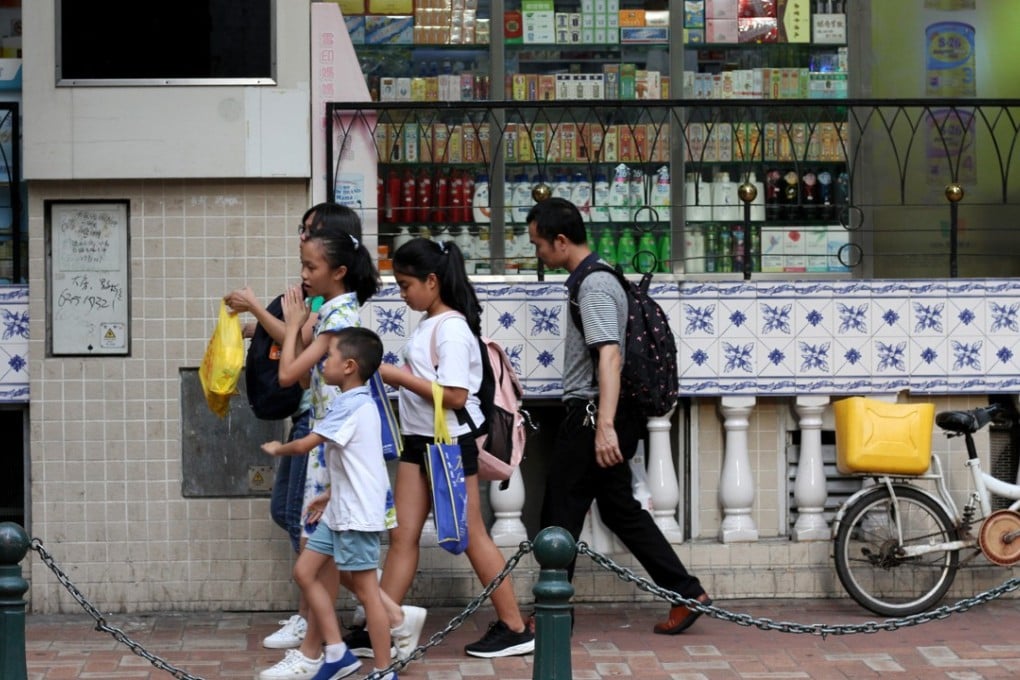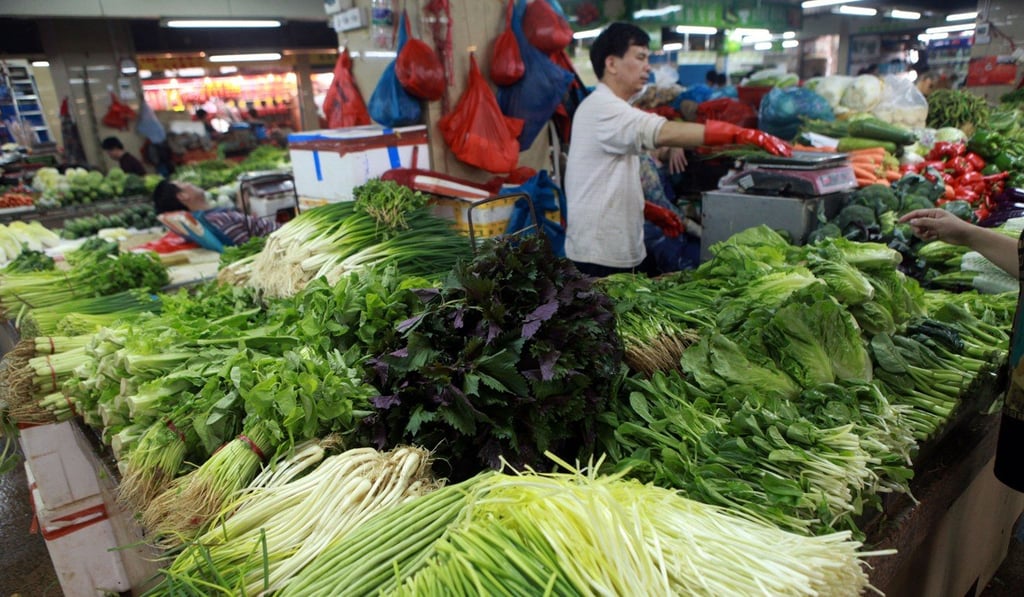Macau: the incredible poverty at the heart of world’s richest place
Macau, which is expected to have the highest per capita income in two years, may be soaring to new heights of wealth, but for many in the shadows of its shimmering casinos life is lived paycheque to paycheque

Even though she’s been on her feet for most of her shift that starts at about 7am, Hoi, at the age of 69, still must muster the energy to run across the street, zigzag between parked motorbikes in a back alley and hail a bus that will take her to the border with the mainland city of Zhuhai.
Hoi, along with other casino cleaners, waits only a couple of minutes before hopping on bus number 25, part of the cross-border journey to buy vegetables, such as choy sum and cabbage. If she shopped in Macau, her expenses would double.
The migrant workers falling into debt traps in Singapore’s casinos
“The prices here are very high, so I rarely buy food or other necessities here,” she says. “Half a chicken in Macau costs about 50 patacas [US$6.18], but in Zhuhai will be 25 patacas. For fresh seafood here, I may have to pay more than 40 patacas, but there I’ll probably spend less than 15. It’s much cheaper on mainland China.”

On a good day, with less traffic and shorter queues at immigration, it takes her about an hour to go to Zhuhai, buy a few things and return to her home in Iao Hon, the most densely populated district in Macau, with 170,953 people per sq km.
Hoi, whose husband is unemployed, sits next to another cleaner from a casino on the bus. They both complain that is hard to make ends meet in a city that is heavily reliant on the revenue of its 40 casinos to drive its economy.
“We can’t really say that we hate the casinos, because they brought many jobs, but it also made everything much more expensive … life has become tougher,” Hoi says.